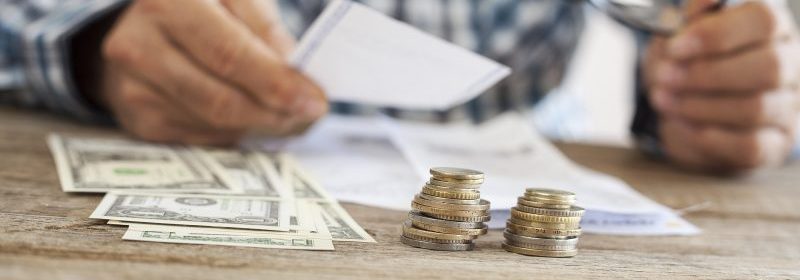 I know this is a site that focuses on government career, technology and trends, but I also know that many of us are facing financial issues and looking to win the lottery. Some would be happy if they won a scratch off! However, until you win, I am here to offer you what has worked for me.
I know this is a site that focuses on government career, technology and trends, but I also know that many of us are facing financial issues and looking to win the lottery. Some would be happy if they won a scratch off! However, until you win, I am here to offer you what has worked for me.
In today’s society, many people live paycheck to paycheck, credit is used as the backup plan, and there is no money left to save. It’s important to ask yourself, “What were you taught about finances and/or credit?” Do you value money or do you live to spend it as soon as you get it? If life happened to you right now, are you able to move forward because you have at least $1,000.00 in the bank? If you got fired or laid off next Tuesday, do you have at least six months of income in the bank?
I know some of you are reading this like, “Charron are you crazy, I don’t make enough to save $20.00.” In your doubt, I want you to ask yourself, “How bad do I need this freedom?” Are you willing to make your lunch versus buy your lunch to save $60.00 a week?
But since I am here for your breakthrough and I want to help you prepare for a prosperous new year, I will offer you six get-out-of-debt strategies that I teach and used myself:
- Stop Impulse Buying – You don’t need something just because it’s on sale. Understand the difference between a need and a want.
- Stop Using Credit Cards for rewards – You have to spend more to get any reward that is really worth the process.
- Stop Trying to Keep Up With the Joneses – Before you compare yourself to your friends or neighbors or try to buy everything you see them with, understand what they had to do to get it or if it’s actually theirs.
- Stop Shopping to Change a Mood – Shopping can be great therapy but it can also lead to great pain when you can’t pay the bill.
- Pay More Than the Minimum Payment – Paying the minimum every month doesn’t mean you’re getting out of debt – in fact, minimum payments are often calculated to be about 4 to 6 percent of your balance, which could mean you’re not only staying in debt, but actually accruing more interest.
- Have a Plan (Budget) – Paying off debt is great, but trying to do it without a plan in place can leave you throwing your hands in the air and returning to your bad habits. You have to plan ahead and know where every dollar is going if you want to quit your harmful behavior and start fresh.
From 18 to 40 years old, I gave my lack of knowing money and credit permission to control my life. But now, I can say that the chains are broken and I have elevated my finances. Keeping me grounded to walk forward in freedom, peace and the understanding that money has no value to a person who doesn’t value it. I am no longer dependent on employment loans or credit. I am not completely financially free because of student loans, but life is that much easier because I am prepared and financially set.
Charron Hopson-Swift is part of the GovLoop Featured Contributor program, where we feature articles by government voices from all across the country (and world!). To see more Featured Contributor posts, click here.





This is great! Yes, this site is about work as public servants, but financial stress can certainly affect job performance and satisfaction. Great topic and great strategies. Thank you for sharing.
You are so welcome!